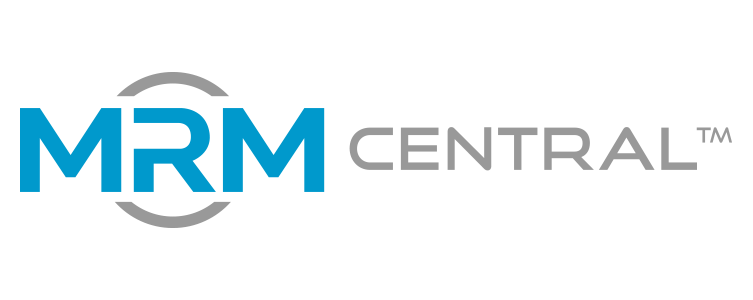11 Jul Marketing Planning – No More Spreadsheets
Marketing Planning – No More Spreadsheets
In our competitive and ever-changing business climate the challenge for business is not whether marketing and marketing planning is necessary. The real challenge is how good and how effective the process will be.
The net result of opportunity analysis is the formulation of marketing objectives designed to achieve overall organizational objectives and develop a marketing plan. The marketing planning effort must be directed toward establishing marketing strategies that are resource efficient, flexible, and adaptable. The marketing strategy is the overall company program for selecting a target market and then satisfying consumers in that segment.
Market volatility creates the need to dynamically account for change, but most of marketing departments are still using spreadsheets in planning, budgeting, and forecasting processes.
This lack of agility and control to adjust spend puts Marketing at a significant disadvantage today. To keep pace with ever-changing market dynamics and business objectives, Marketing must be empowered to redeploy budget quickly and in a controlled manner.
Only when the new year’s budget is finalized by Finance (which includes another waiting period that results in a spreadsheet) can Marketing decide how to best allocate the new budget.
Planning across geographies, channels, activities, and against business objectives is then completed in yet more spreadsheets. The information then must be re-keyed into a multitude of systems, such as marketing automation and a CRM system. At this point, if Marketing isn’t tired enough of spreadsheets, it must endure the spreadsheet’s limitations on an ongoing basis.
Another critical consideration is the changing role of Marketing within the business as it increasingly seeps into other customer-facing departments, such as service and sales.
By removing Marketing’s budgeting and planning process out of spreadsheets with the right marketing software, leading CMOs are no longer dependent on reporting out on budgeting data that is weeks or months old. With access to accurate budget numbers, Marketing can confidently report out influence and provide accurate ROI measurements against the budget spent, better optimize resources, and forecast future spend activity. By moving planning out of spreadsheets and into a cloud-based planning solution that connects with other business units’ planning processes and Marketing’s ROI attribution, marketers can provide deeper value to all customer-facing departments—while driving operational efficiency and increased marketing effectiveness.

